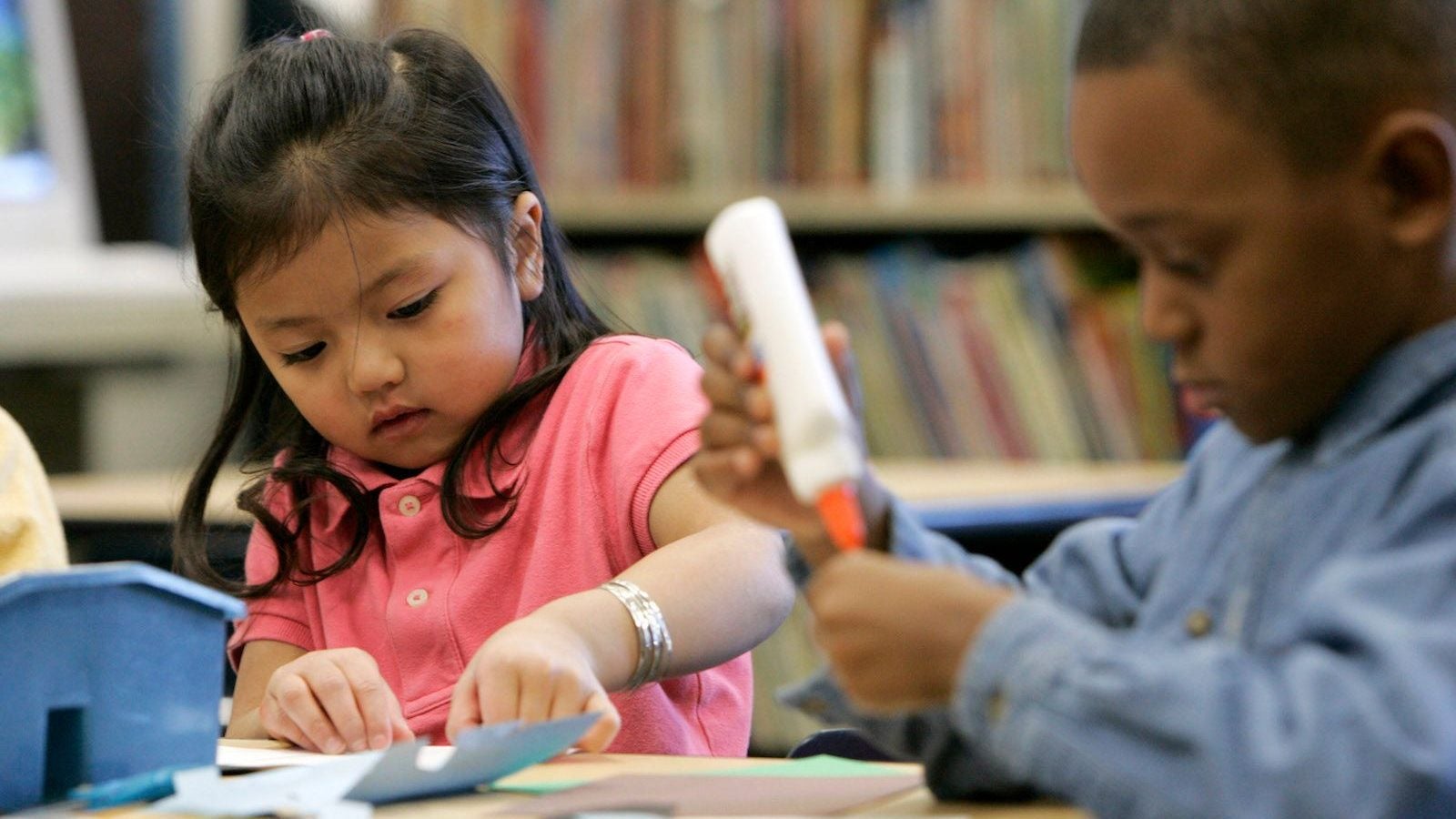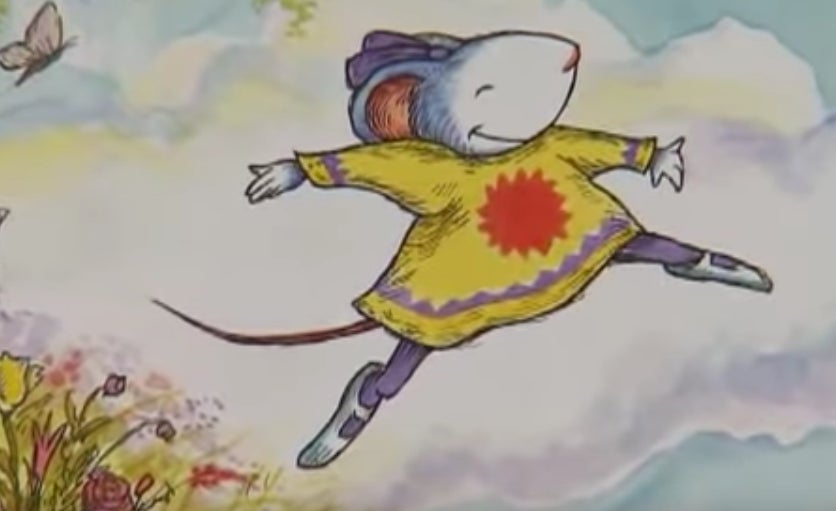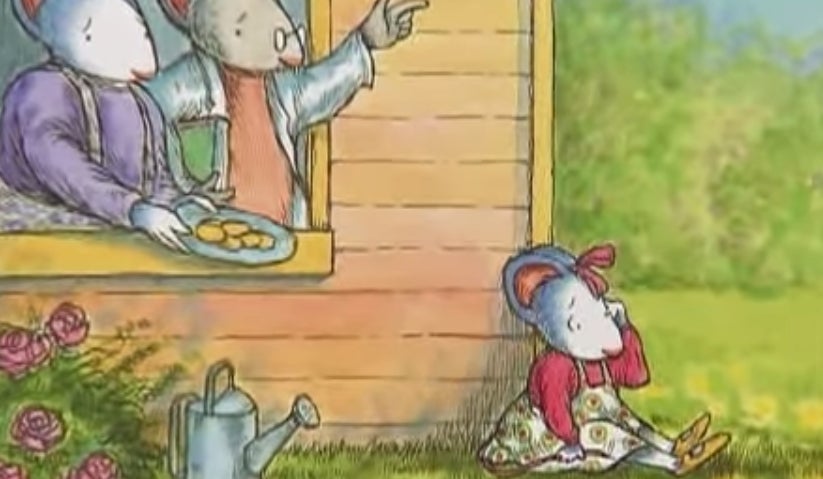The must-read kids’ book for anyone who grew up with a name no one can pronounce
Nearly 110 million people around the world turn to Jeanne Phillips’ widely-syndicated “Dear Abby” column for advice on everyday issues. But some of her recent counsel has critics saying that Phillips is woefully uninformed and out-of-date when it comes to matters of cultural diversity.


Nearly 110 million people around the world turn to Jeanne Phillips’ widely-syndicated “Dear Abby” column for advice on everyday issues. But some of her recent counsel has critics saying that Phillips is woefully uninformed and out-of-date when it comes to matters of cultural diversity.
An American reader wrote into Dear Abby about a dispute between himself and his wife over the name of their future child. His wife, who grew up in India, wanted an Indian name; the reader was less keen, concerned that, since they live in the US, such a name would be harder to pronounce and spell. He asked: ”How can I make my wife understand that having ‘unusual’ names makes certain aspects of a kid’s life more difficult?”
Phillips was on board with the husband’s objections. “Not only can foreign names be difficult to pronounce and spell, but they can also cause a child to be teased unmercifully,” she wrote. ”I hope your wife will rethink this.”
Critics on Twitter accused Phillips of racism and cultural imperialism. She’s also out-of-step with the realities of contemporary US demographics. In 1965, 5% of the US population was foreign-born. That figure has tripled and is now 14%. One-fifth of Americans speak a language other than English at home. And by 2055, the US will have no single racial or ethnic majority. The idea that a family ought to eschew cultural heritage by picking a “Western” name caters to the idea of a culturally homogenous, white, Christian America, even as the country becomes increasingly multiracial and multiethnic. In 2016, “Muhammed” was as popular a name as “Hannah” (34) in the US, while “Aaliyah” was more popular than “Ella,” “Ellie” or “Brooklyn.”
Cultural myopia aside, Phillips’ advice also fails to recognize that getting teased over a name isn’t the worst thing in the world. After all, children need to build resilience and learn to handle everyday adversity. Schools certainly need to address bullying—but teasing? It happens in childhood. Helping kids figure out how to face down tyrants on the playground is a part of growing up.
Recommended reading
For any parent (or adult) looking for a more nuanced discussion about what it’s like for a kid to have a less common or hard-to-pronounce name, consider picking up a copy of Kevin Henkes’ Chrysanthemum. The book tells the story of a beautiful baby mouse who’s born to a pair of amusingly doting, highly-neurotic parents. They decide she needs a perfect name to match her perfect self. They settle on “Chrysanthemum.”

Before she goes to school, Chrysanthemum loves her name: She loves how it sounds when her father calls her for dinner, when she sees it on her birthday cake, and when she writes in with her big orange crayon. But when she starts school, her classmates giggle when the teacher calls her name. “It scarcely fits on your name tag,” says one particularly vicious little mouse. Victoria, another nasty little mouse, also makes fun of Chrysanthemum for being named after a flower—which lives in the dirt with worms.
“Chrysanthemum wilted,” Henkes writes, as your heart breaks a little. “She did not think her name was absolutely perfect. She thought it was absolutely dreadful.”
When Chrysanthemum comes home after her first day, she announces school is not for her. Her name stinks.

Her parents administer some good old fashioned TLC in the form of mac’n’cheese with ketchup, hugs and kisses, and Parcheesi. But come day two, things are worse. Victoria is even more hateful. That night, Chrysanthemum has nightmares of being plucked like a flower.
Chrysanthemum no longer skips on her way to school; she drags her feet. Then, on day three, the magical Mrs. Twinkle enters the picture. When the teacher sees the mean mice girls teasing Chrysanthemum, she asks why. They explain: her name is sooooo long, it scarcely fits on her name tag, and she is named after a flower.
The teacher declares that she too has a long name that would scarcely fit on a name tag, and that she too is named after a flower. Her name is Delphinium. Perhaps to spite little miss know-it-all Victoria, Mrs Twinkle announces that if her baby is a girl, she may well name her Chrysanthemum. The mean girls promptly reverse course and start calling each other by flower names (Victoria wants to be “Lily-of-the-Valley.”) And suddenly Chrysanthemum doesn’t think her name is perfect. She knows it.
Had Chrysanthemum never had her unusual name, she would not have realized the power of her own identity—albeit with a strong helping hand from the brilliant Delphinium Twinkle. Mrs. Twinkle modeled for those mean girls what kindness and open-mindedness looks like, and they followed suit, as five-year-olds are wont to do. Chrysanthemum and her parents suffered a bit; her dad is shown, on one page, to be reading A Rose by Any other Name—Understanding Identity. But in the end, the bullies lose, and the kid with the funny name comes out ahead.
Real life may not always be so kind. In the US, there is a massive cultural divide between those who embrace diversity and those who recoil at many elements of a fast-changing society.
But it is also a country that has forever been populated and built by immigrants and children of immigrants, many with names that are—at least initially—foreign and hard for other people to pronounce. Rather than demand that parents and children forsake a part of their cultural identities, teachers and classmates can simply try a little harder to learn to pronounce unfamiliar names. Chrysanthemum learned that an unusual name is nothing to be ashamed of. Dear Abby, it seems, has not.